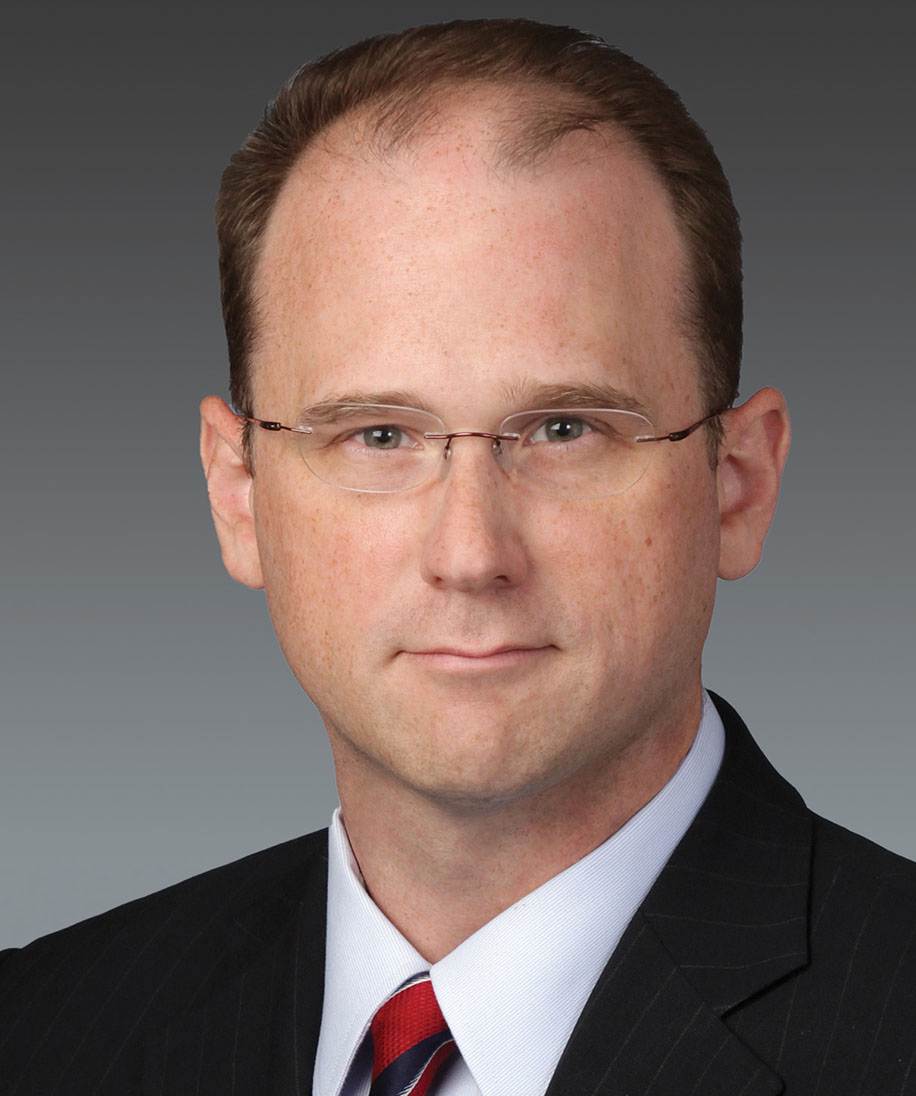International Regulatory Enforcement (PHIRE)
OECD’s Working Group on Bribery Applauds United States for Continued Enforcement of FCPA and Recommends Additional Steps to Increase Guidance
November 18, 2020
Nicola Bonucci and Nathaniel Edmonds
On November 17, the OECD Working Group on Bribery (“Working Group”) issued its long-awaited Phase 4 Review monitoring the United States’ adherence to the OECD Treaty regarding transnational corruption, which under U.S. law is implemented by the Foreign Corrupt Practices Act (“FCPA”). The 180-page report, adopted at the October meeting of the Working Group, noted how the United States has made important strides on effective detection of corruption and enforcement of the FCPA, as well as on legal developments on key issues such as corporate liability. The last full evaluation by the OECD Working Group on Bribery of the United States was in 2010.
Overall, the Report identifies that the United States continues to be a leader in enforcement of transnational bribery and is effectively encouraging other countries to increase their enforcement but still can take steps to improve its own record of enforcement of the FCPA. The Working Group praised the United States for providing useful guidance to the business and legal community since the last review in 2010, but noted a few areas where additional updates would be valuable.
Of particular note, the Working Group described how the United States has taken significant steps to expand global anti-corruption enforcement, including not only increasing its own enforcement of the FCPA but also coordinating investigations and resolutions of multijurisdictional matters with numerous law enforcement agencies around the world. The Report also noted that the United States has helped its counterparts overseas build capacity to combat transnational bribery through joint conferences and peer-to-peer training. A particularly interesting point is that the Report recognizes that “the concluded resolutions do not demonstrate a bias against [non-U.S.] entities either in the number of enforcement actions or in their results.”
While the Report generally complimented the efforts by the U.S. Department of Justice, Securities Exchange Commission, Department of Commerce, Department of State and other U.S. government agencies, the Working Group also noted numerous areas for further improvement, including for the United States to:
Evaluate the effectiveness of whether the Corporate Enforcement Policy encourages self-disclosure and deters foreign bribery
Regularly update changes in FCPA case law and give insight on enforcement initiatives, including why deferred prosecution agreements are extended and the role of recidivism;
Provide further guidance and enhance protections for whistleblowers who report potential FCPA anti-bribery violations;
Enhance the U.S. anti-money laundering reporting framework by applying obligations to lawyers, accountants and trust and company service providers; and
Examine how debarment from government contracting could impact FCPA enforcement.
Further analysis of these and other points and how they impact the corporate community will be highlighted in future Paul Hastings client alerts and will be discussed in detail in an upcoming webinar on December 9 with Drago Kos, Chair of the OECD Working Group on Bribery. If interested in receiving an invitation to the webinar, please contact Jared Boyles at jaredboyles@paulhastings.com.
Contributors
